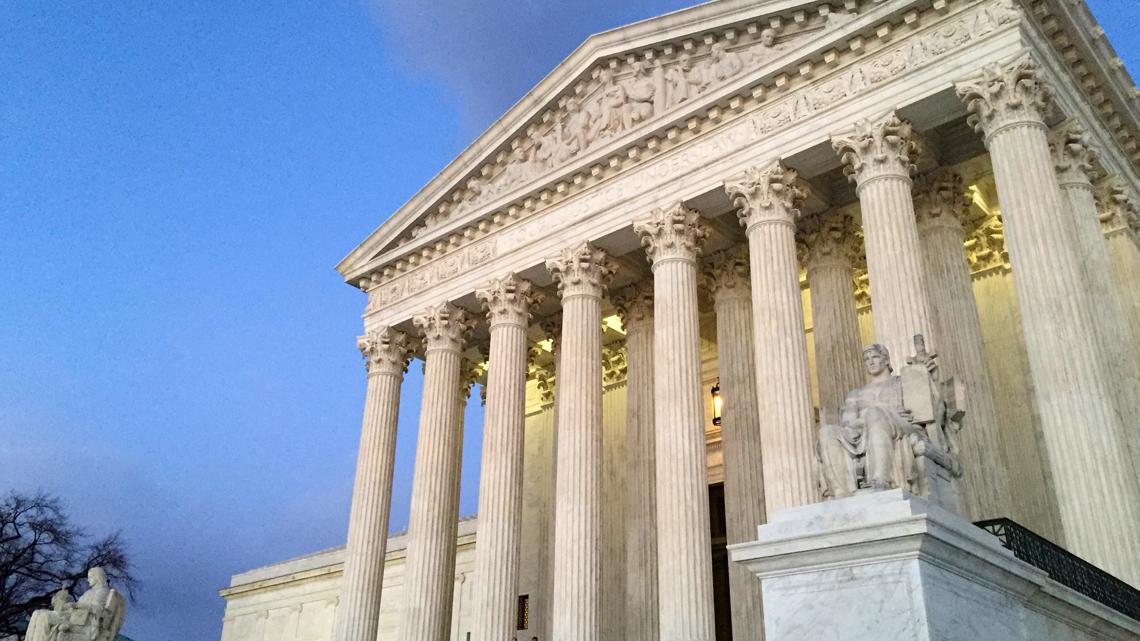Negative
22Serious
Neutral
Optimistic
Positive
- Total News Sources
- 24
- Left
- 6
- Center
- 1
- Right
- 3
- Unrated
- 14
- Last Updated
- 3 hours ago
- Bias Distribution
- 60% Left


Supreme Court Lowers Bar for Reverse Bias Claims
The U.S. Supreme Court unanimously ruled that lawsuits by majority-group plaintiffs, such as white or heterosexual individuals, alleging workplace discrimination under Title VII of the Civil Rights Act of 1964, should not face a higher evidentiary standard than those brought by minority groups. The case involved Marlean Ames, an Ohio woman who claimed she was denied a promotion and later demoted because she is straight. The Court's decision overturns prior requirements in 20 states and D.C. that imposed additional burdens on majority-group claimants and clarifies that Title VII's protections apply equally to all individuals. The case has been remanded to lower courts for further proceedings under this equalized standard. Concurring justices raised concerns about diversity, equity, and inclusion initiatives, but the majority opinion focused solely on statutory interpretation. The decision is expected to make it easier for majority-group plaintiffs to pursue federal discrimination claims.




- Total News Sources
- 24
- Left
- 6
- Center
- 1
- Right
- 3
- Unrated
- 14
- Last Updated
- 3 hours ago
- Bias Distribution
- 60% Left
Negative
22Serious
Neutral
Optimistic
Positive
Related Topics
Stay in the know
Get the latest news, exclusive insights, and curated content delivered straight to your inbox.

Gift Subscriptions
The perfect gift for understanding
news from all angles.



